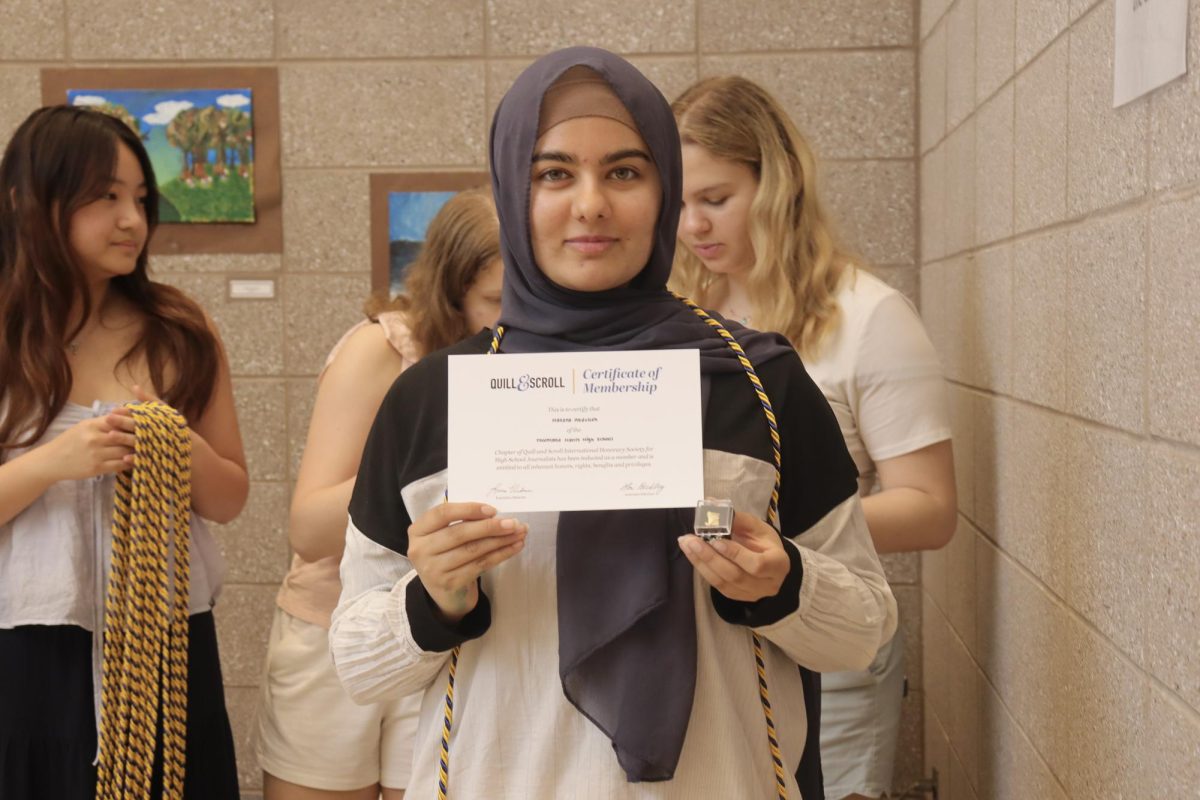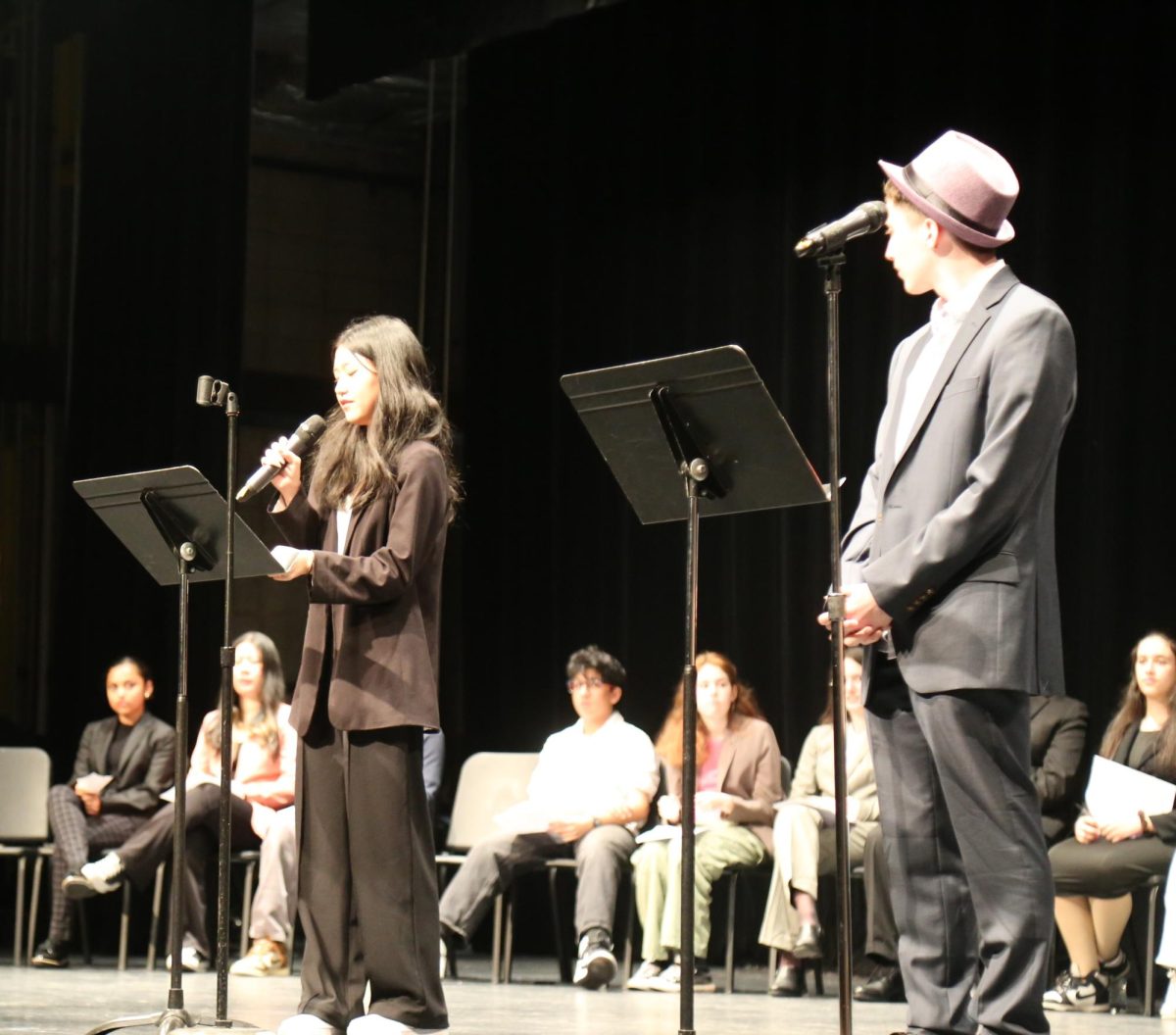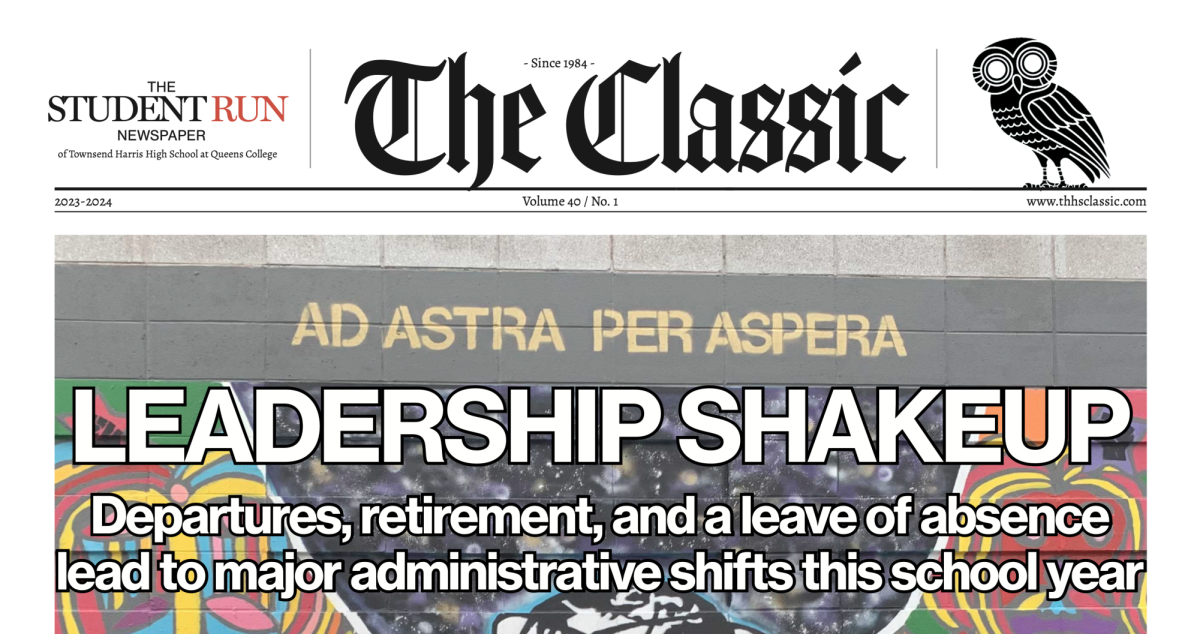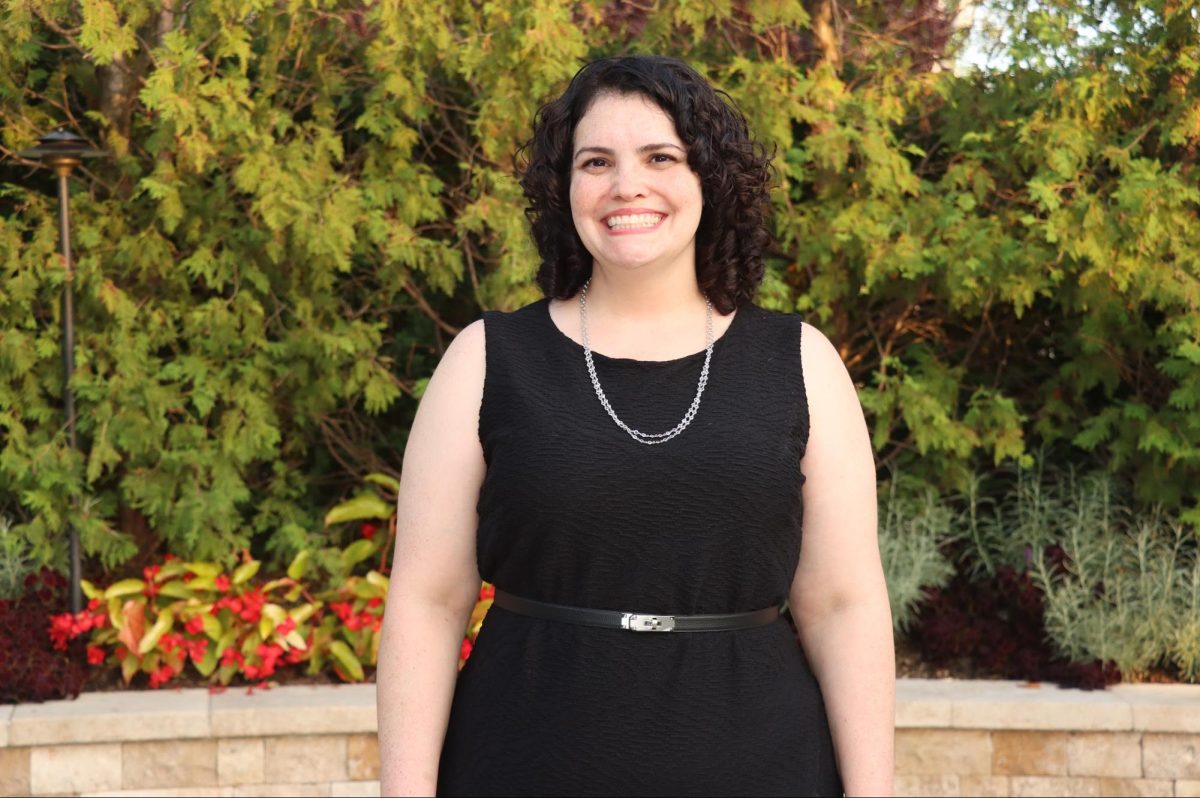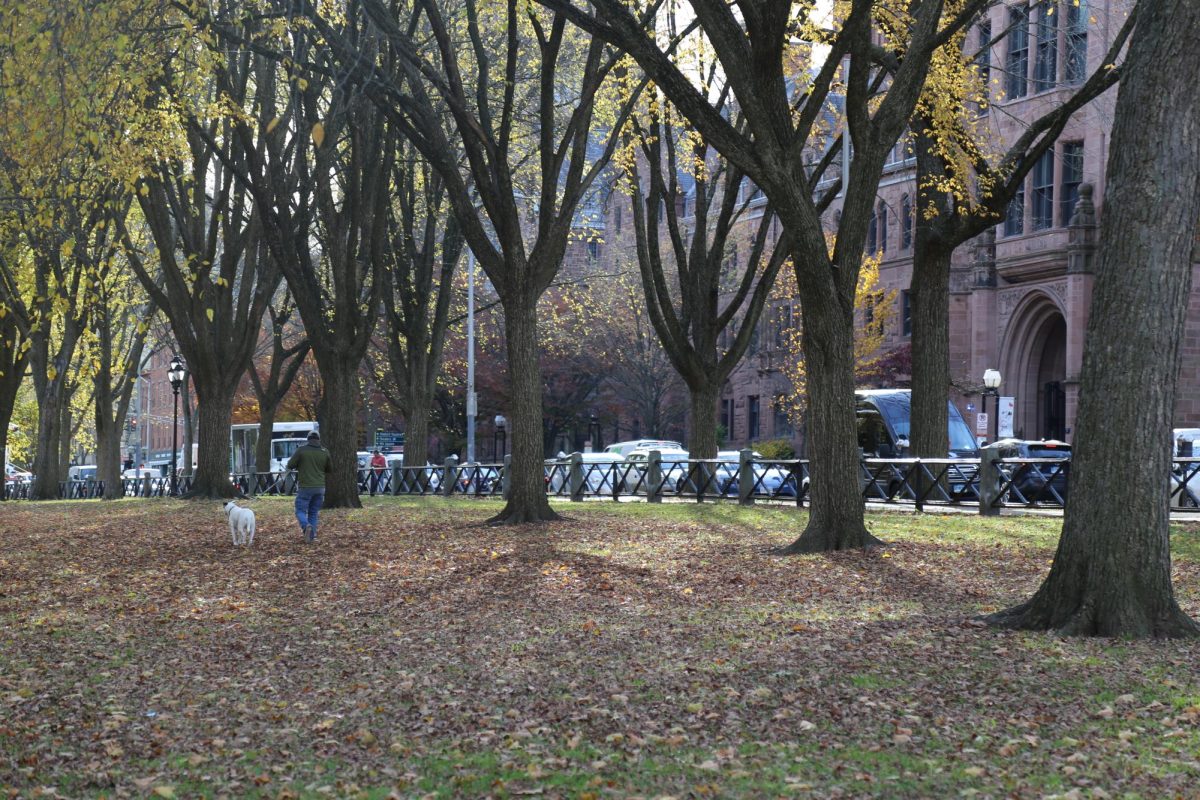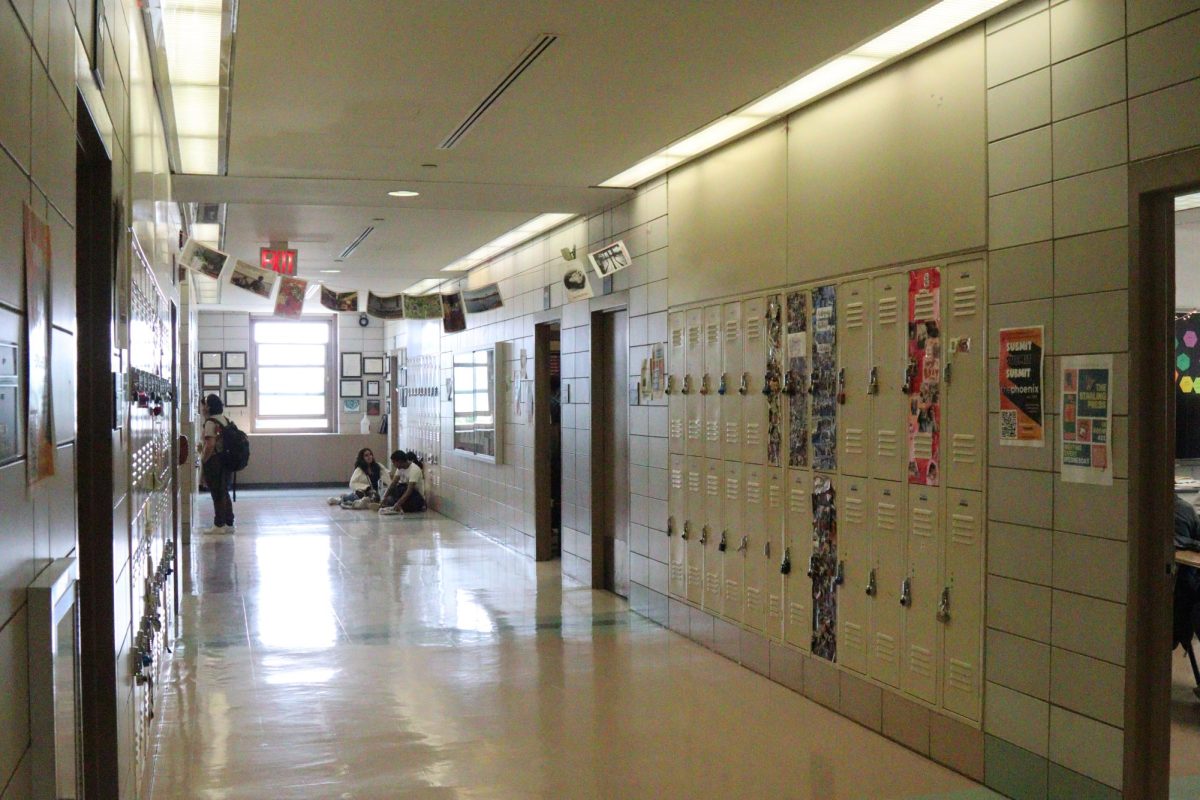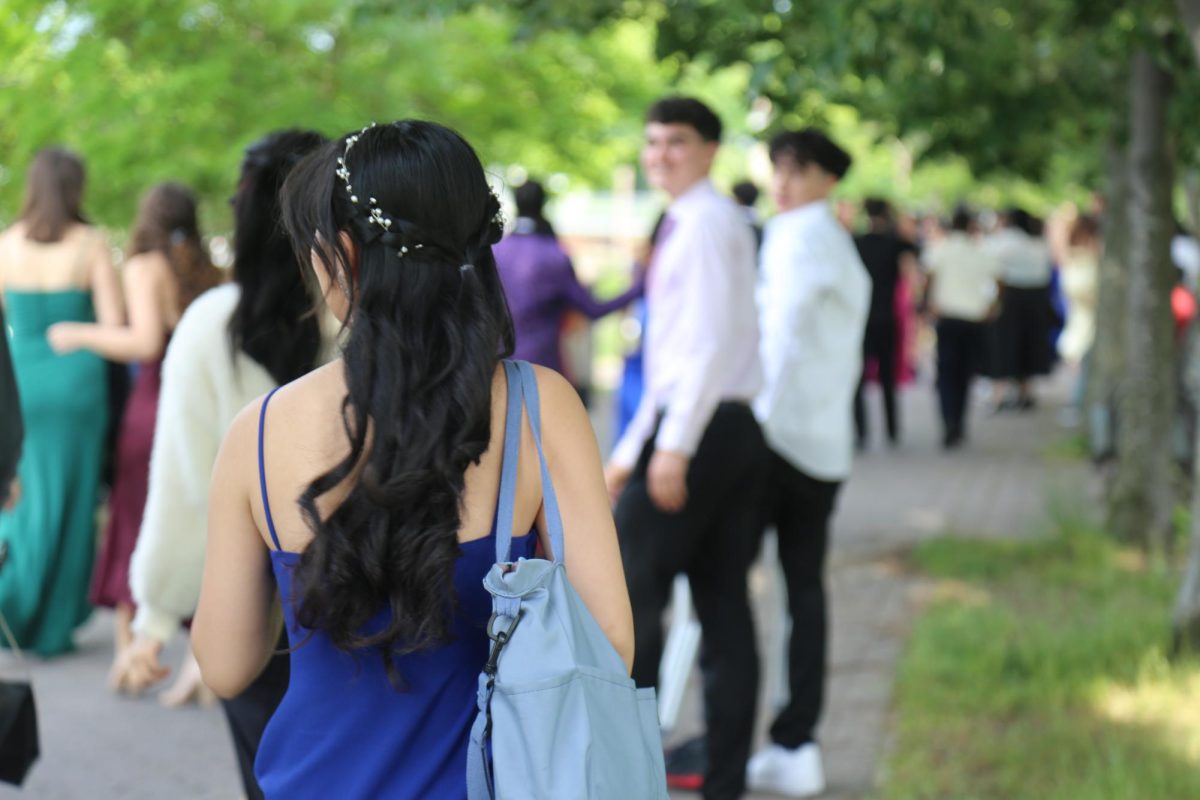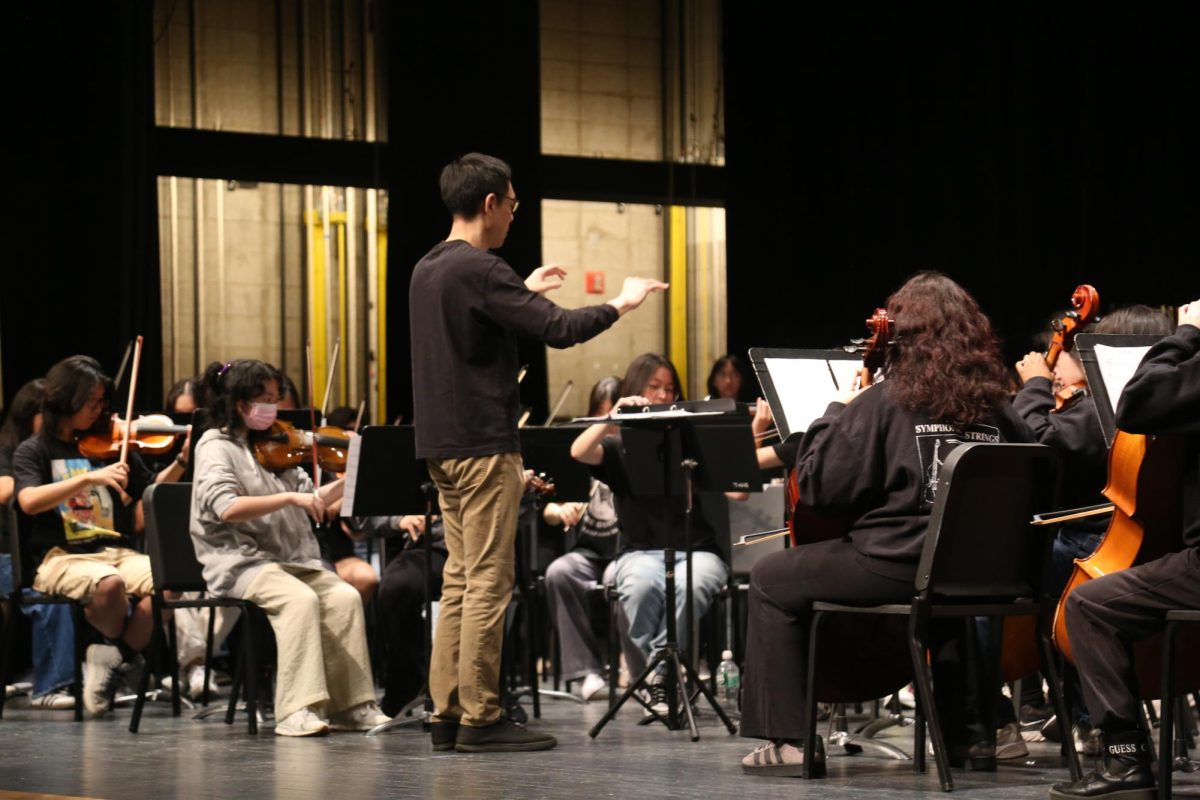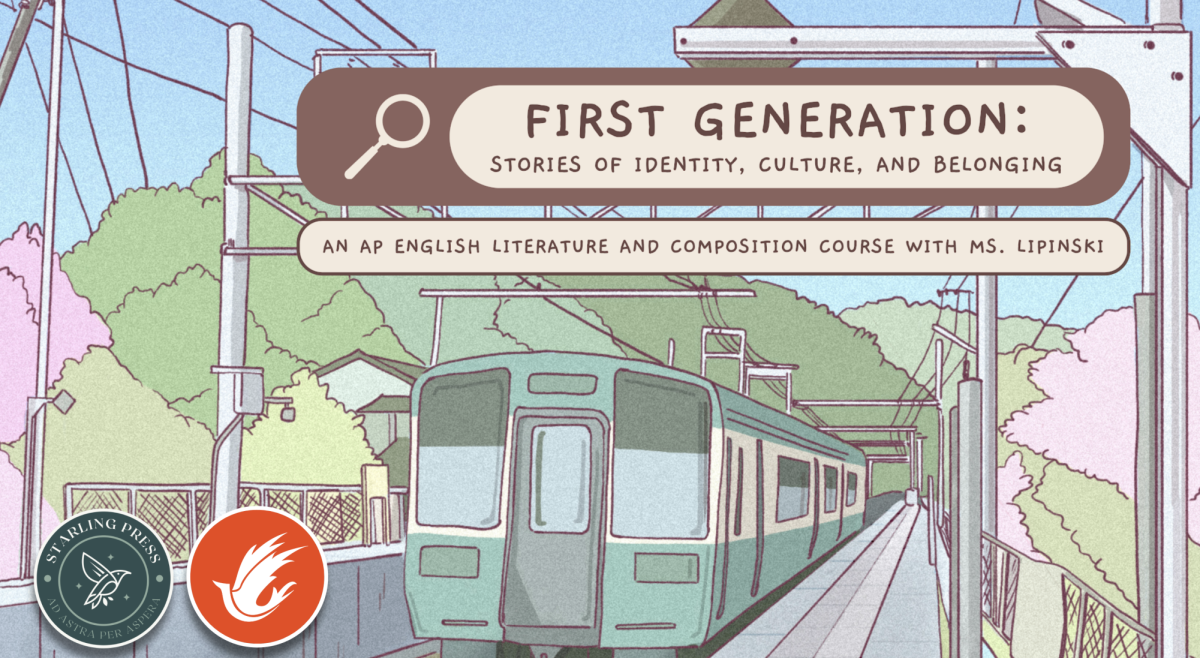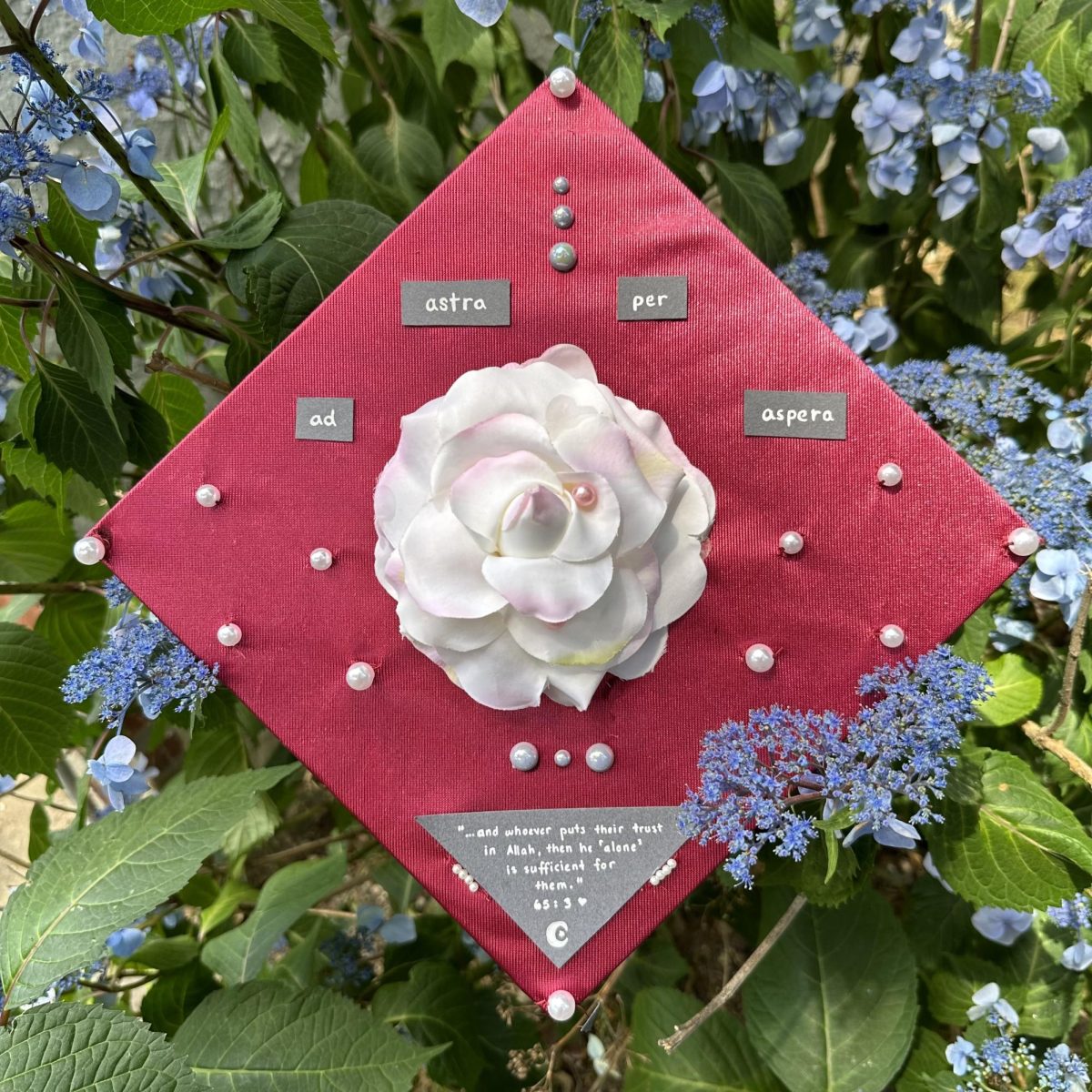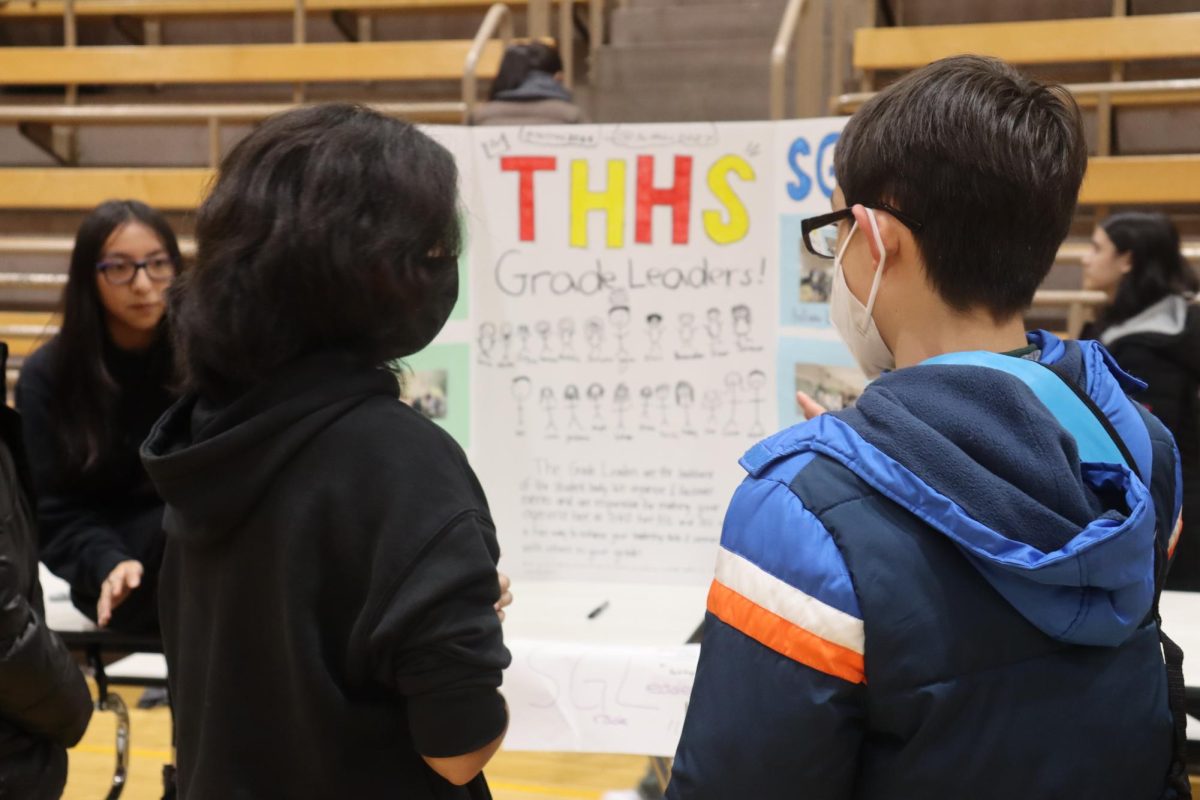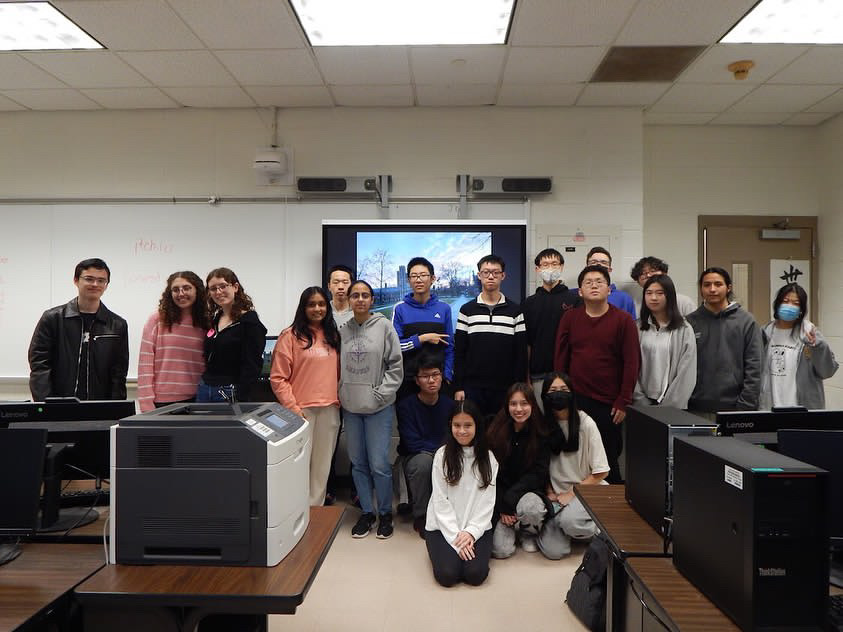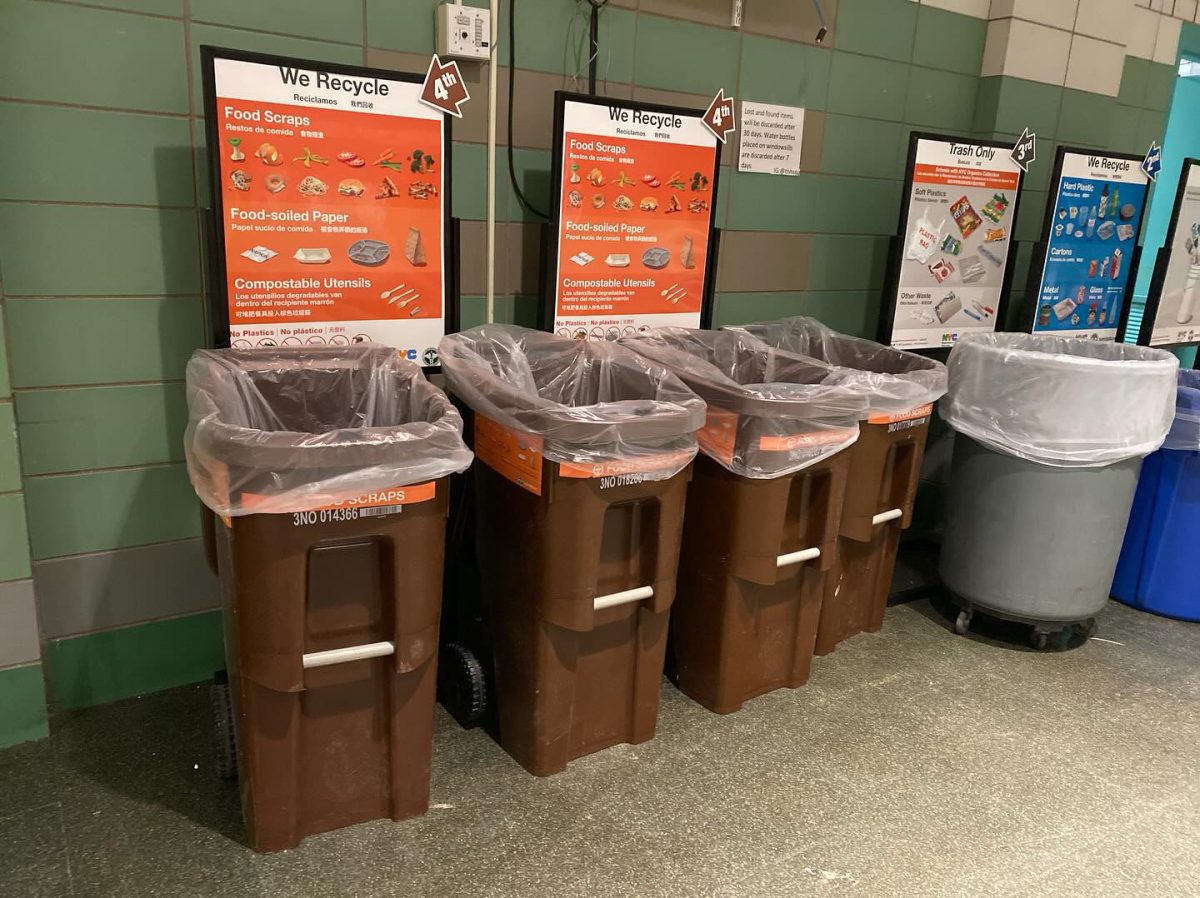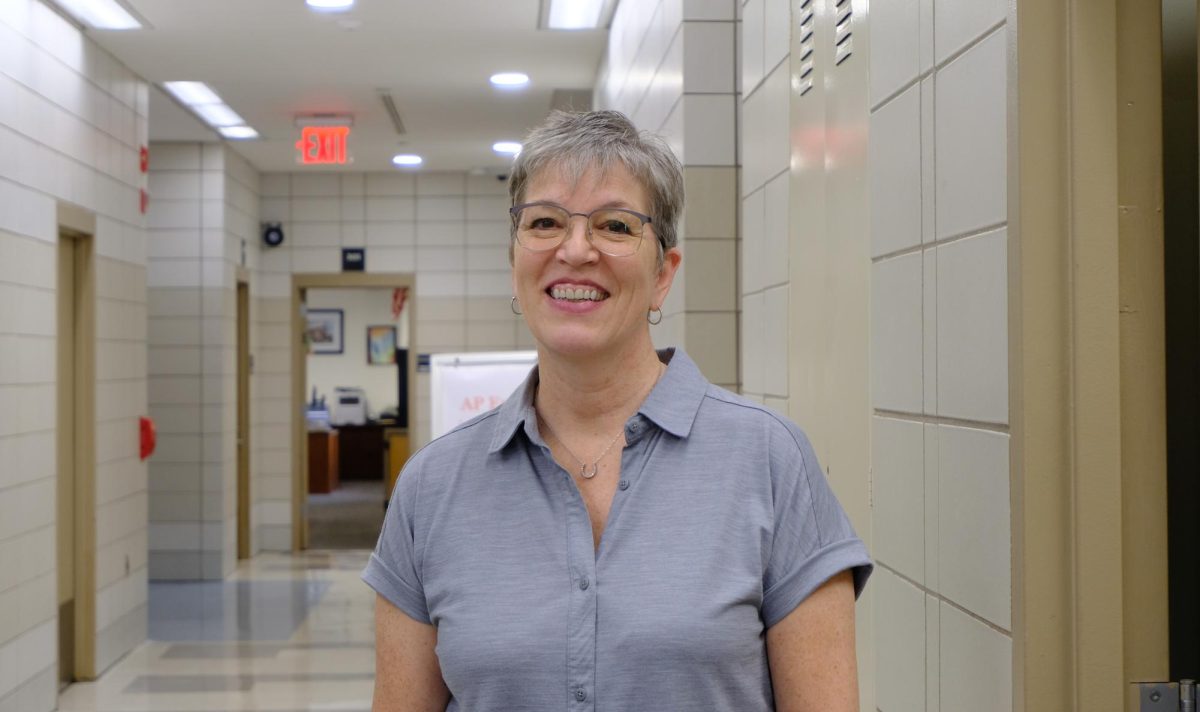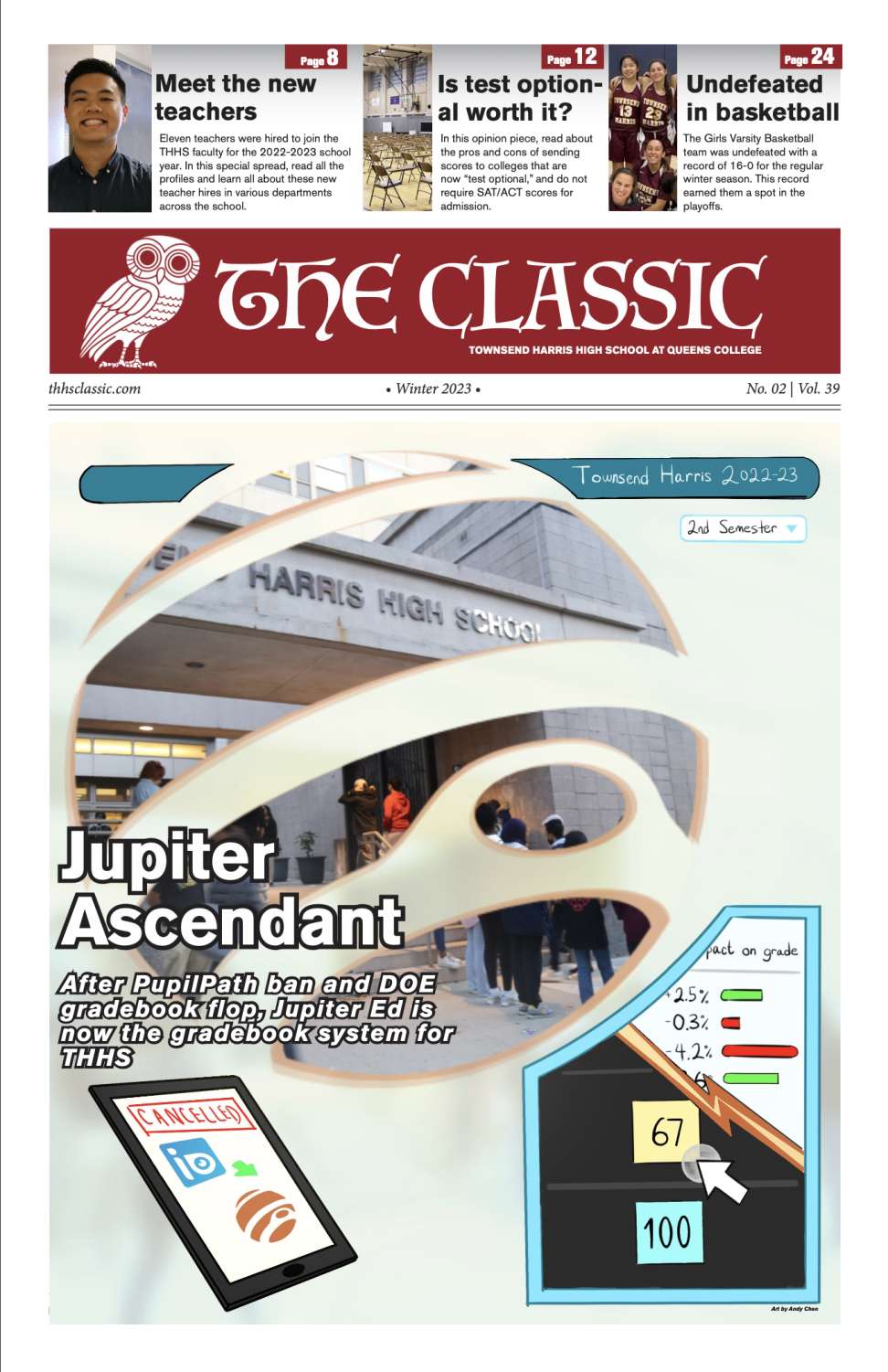
“ACCESS DENIED, SITE BLOCKED,” the screen reads when a student attempts toaccess the Townsend Harris webpage.
Every year, students have complained about the limited sites that the Department of Education allows entry to. Sites that are blocked range from Google to College Board on some devices, creating a barrier between students and teachers and important information. Students and faculty suggested many remedies to this problem, along with their opinions on content that should not be blocked.
Many students and teachers have experienced frustration at the school’s own website being blocked, as well as several other websites that don’t contain nudity, crude language, or extreme violence.
A few members of the student body complained that websites are blocked without a proxy added to the url. The crux of this problem is that website censorship impedes with students’ learning opportunities and tools.
Freshman Elizabeth Duchan explains how the DOE censorship affects her schoolwork and recalls that many of her classmates had the same issue with “school friendly” webpages. She states, “I’ve often tried to use my time to do research pertaining to a project or assignment but the sites that may be helpful were blocked for no apparent reason. Even websites that aren’t strictly school related but are not by any means deemed ‘inappropriate’ were unable to be accessed… Myself and multiple other people have found that the THHS website itself was blocked, which is ironic considering the circumstances.”
Senior Pabvitraa Ramcharan points out that “the DOE should definitely lift these bans because [many banned websites] are meant to help students and provide a learning tool for them. Students need to be exposed to real life matters.”
While the DOE has yet to resolve and respond to the issue at hand, students and teachers alike recommended changes that they would like to see, such as changing the filter or blocking only NSFW (Not Safe For Work) websites.
Solutions involving adjustments to the DOE’s filter includes senior Devesh Permanan’s response which states, “The DOE needs to allow websites with .edu or .gov to go through and revise other websites without that in the url.”
History teacher Mr.Hackney suggests adopting to a more hands-on approach: “[The DOE should] use a more sophisticated filter. If they actually had a human being with some common sense checking out the sites, that would help.”
Mr. Hackney also believes that websites containing controversial political statements, social media, or certain YouTube videos should not be blocked. However, he adds, “On the other hand, I recognize that you don’t want unfiltered access to certain websites.”
Some students agree that it is necessary for the DOE to censor websites that contain violence, nudity, profanity, hate groups, or illegal content to protect students and to prevent any viruses from being downloaded onto the school’s computer system.
Another member of the THHS community, junior Kyra Singh, states, “I believe that it is reasonable that the DOE can block any website in order to protect the school and its students the same way a person would utilize online security at home. Certain websites must be blocked within the school such as sites that stream movies illegally or have inappropriate content.”
Elizabeth Duchan also says, “I think that the blocking of websites is definitely warranted if a site has content that is explicitly unnecessary for school purposes,” but she still supports lifting the ban on certain websites. “Blocking seemingly harmful websites that don’t actually pose a threat shouldn’t be required, and it is up to the students themselves to handle the internet (and whatever comes with it) with responsibility and maturity,” she continues.
Overall, it is agreed on by both students and teachers that the DOE has a right to block any inappropriate or overly distracting websites, however, that website blocking should be much more carefully and thoroughly done. The DOE needs to find a balance between free range of the Internet and excessive sheltering of students.


